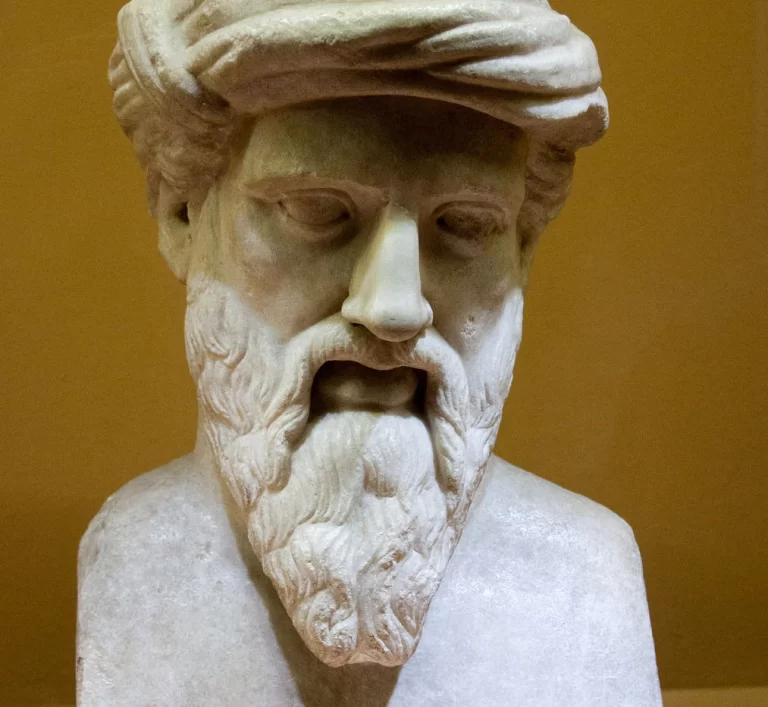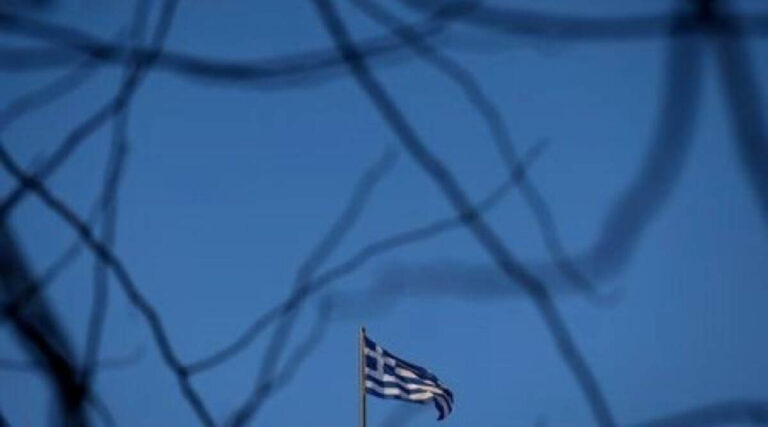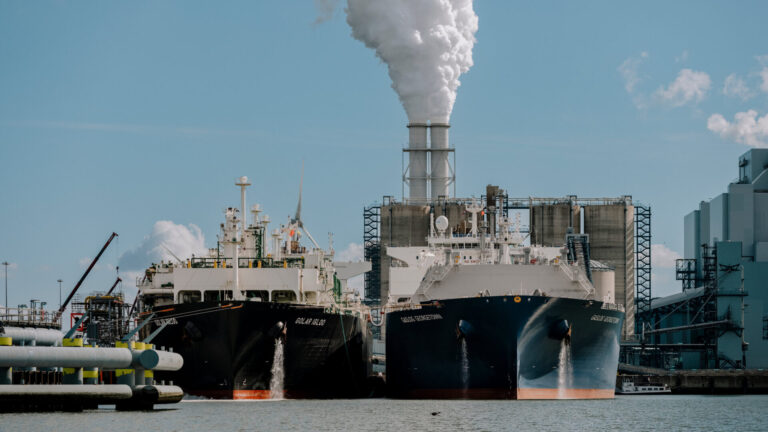Amid signs of warming relations with Turkey, the Israeli prime minister strengthens ties with traditional allies Cyprus and Greece.
Israeli Prime Minister Benjamin Netanyahu wrapped up a visit to Cyprus on Monday, with the goal of fortifying regional relationships between Israel, Cyprus, and Greece. Netanyahu met with Cypriot President Nikos Christodoulides as well as Greek Prime Minister Kyriakos Mitsotakis. The three leaders also convened for a trilateral meeting.
Relations among the three countries have improved in recent years. Close cooperation commenced in 2016, spurred by mutual interests in acting as an energy corridor to Europe and a deterioration in relations between Israel and Turkey.
Israel, Greece, and Turkey each have their own conflicts with Turkey.
However, recent signals indicate a possible rapprochement between Israel and Turkey. While relations have persisted despite significant disagreements, the warmth once shared between Israel and Turkey has not yet been fully restored. In a bid to restore this warmth, a meeting had been scheduled between Netanyahu and Turkish President Recep Tayyip Erdogan for July. The meeting was postponed because of Netanyahu’s health concerns, and a new date has yet to be determined.
“Israel is trying to balance between Turkey, Greece, and Cyprus without hurting any of them.”Dr. Roby Nathanson
“Israel is trying to balance between Turkey, Greece, and Cyprus without hurting any of them,” Dr. Roby Nathanson, director general of the Macro Center for Political Economics, told The Media Line. “The warming of relations between Israel and Turkey will not harm the other relations.”
Israel, Cyprus, and Greece cooperations
Israel, Cyprus, and Greece cooperate on a wide range of issues. Spanning energy, security, and hi-tech, the relationships are underpinned by mutual interests, which promise a stable and optimistic future.
“There is a deep friendship … between our nations that is real, that was long overdue,” Netanyahu stated on Sunday, during a joint appearance with Christodoulides. “It becomes stronger with each passing year.”
“The visit symbolizes the continuity of the relations,” Dr. Nimrod Goren, founder and head of Mitvim—The Israeli Institute for Regional Foreign Policies, told The Media Line. “Netanyahu has made it a point to conduct these meetings frequently. The timing might be tied to an imminent meeting with Erdogan in order to convey the message that Israel is still committed to the trilateral alliance with Greece and Cyprus.”
Tensions between Cyprus and Turkey have been high in recent weeks. An incident in the buffer zone separating Turkish-controlled Northern Cyprus from the Greek Cypriot-controlled Republic of Cyprus last month marked a new peak in tensions, unseen in recent years.
Talk of Israel and Turkey cooperating on natural gas transportation has Cyprus on edge. On Sunday, Israeli Energy and Infrastructure Minister Israel Katz revealed he had discussed “the possibilities of renewing our energy collaboration” with his Turkish counterpart over the phone.
This call came on the heels of another conversation Katz had with the Egyptian minister of petroleum and mineral resources.
“As PM Netanyahu plans his visit to meet President Erdogan, it’s a promising time for regional cooperation. Stay tuned,” Katz posted on X, the social media platform formerly known as Twitter.
“There is definitely sensitivity and both the Greeks and the Cypriots will not want to see a situation in which Turkey is the preferred option of Israel,” Goren observed.
Eyeing the future, Netanyahu said he was “quite confident” that Israel and Cyprus could serve as an infrastructure corridor linking Asia to Europe. Netanyahu was referring to natural gas and electricity but also to the possibility of a fiber optic link between the countries.
Israel, Cyprus, and Greece are intensifying their energy cooperation following the significant discoveries of natural gas deposits in the economic zones of both Israel and Cyprus in recent years.
Additionally, the three nations are collaborating on climate change initiatives and responses to recent significant wildfires in the region. Over the summer, Israel dispatched crews and aircraft to assist both Greece and Cyprus in combating major fires.
During the meeting, Netanyahu expressed support for a European initiative to establish a regional firefighting hub in Cyprus, which would centralize future efforts.
“The climate isn’t going to get cooler. It’s going to get hotter. And with, you know, with the heating up of our region and the globe, firefighting becomes a really important thing. We can I think we can do it better together,” Netanyahu said.
For Israel, maintaining strong relations with European Union member states like Greece and Cyprus is crucial. The EU is often critical of Israel and especially its policies toward the Palestinians. Israel often seeks support in international forums. Relations between Israel and several EU countries have become tense following the swearing-in of Netanyahu’s most recent government, widely considered to be Israel’s most right-wing to date.
Netanyahu’s intent to overhaul the judicial system and his government’s hard-line stance against the Palestinians, including a substantial increase in West Bank settlement construction, have led to conflicts with the EU. Owing to its internal political divisions, the EU has struggled recently to adopt consistent policy decisions. Nevertheless, Israel has historically leveraged support from both Cyprus and Greece in various EU forums.
“The EU is looking mainly at what happens to the Palestinians,” Nathanson said. “If in this matter Israel will maintain the status quo ante, there will be no dramatic influence on the relations in the short term. However, actions like annexation, unchecked settlement expansion, or curtailing the basic rights of Palestinians could alter the relationship.”
This issue could also arise in any negotiations Israel has with Turkey, which has long maintained a pro-Palestinian stance, thereby straining its relationship with Israel. Yet, according to Nathanson, mutual interests between Israel and Turkey are likely to surmount any such obstacles.
“Turkey is a regional economic power,” he said. “This is a chance Israel cannot miss, especially because of Turkey’s geopolitical standing and its influence on the Arab world and on the Palestinian issue.”
Recent changes in the region have reminded both Turkey and Israel that they need each other.
“A recent improvement in the relations between Turkey and Egypt could bring about opportunities for trilateral cooperation with Israel,” Goren said. “A meeting between Netanyahu and Erdogan will be testament to a new period in the relations between Turkey and Israel.”
“The sides will know how to manage any differences, but if there will be a major escalation on the Palestinian front, Erdogan will not remain quiet,” Goren added.
The alliance between Israel, Greece, and Cyprus remains strong. While Israel and Turkey appear to be rebuilding their relations, this could represent the beginning of a new period of cooperation in the otherwise volatile region.
Source: The Jerusalem Post







